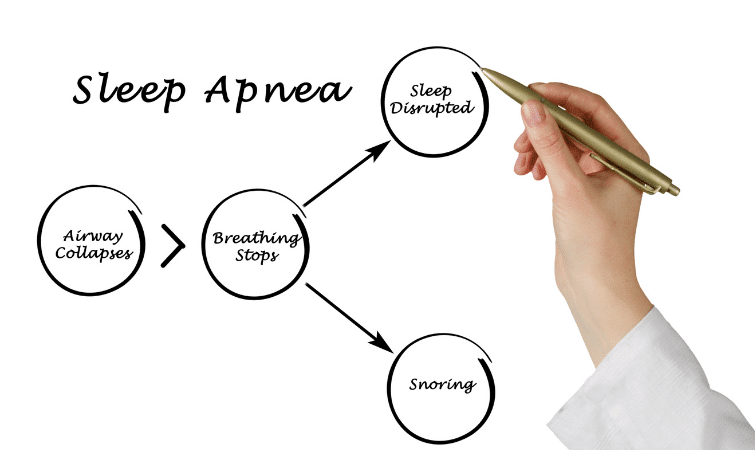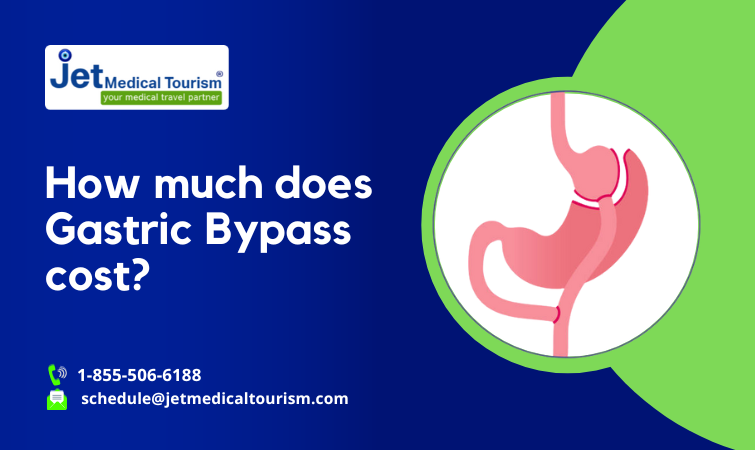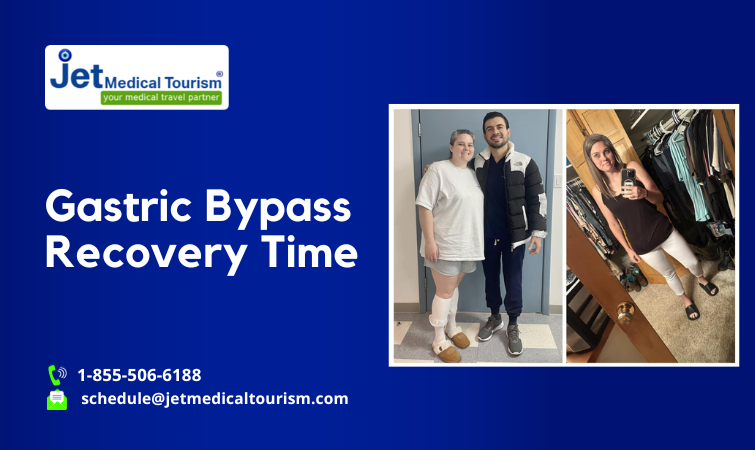Is Sleep Apnea Reversible With Weight Loss Surgery
Sleep apnea is a serious sleep disorder characterized by interrupted breathing during sleep. It can lead to a myriad of health issues, including cardiovascular problems, daytime fatigue, and decreased quality of life. One of the most intriguing questions surrounding sleep apnea is whether it can be reversed or significantly improved with weight loss surgery.
At Jet Medical Tourism, we are dedicated to transforming lives through affordable weight loss surgery procedures in Tijuana, Mexico. Our mission is to empower individuals on their journey to improved health, self-confidence, and overall well-being.
In this article, we’ll discuss the relationship between obesity and sleep apnea and answer the question- “is sleep apnea reversible with weight loss surgery”.
The link between obesity and sleep apnea
Before diving into the role of bariatric surgery, it’s crucial to understand the strong connection between obesity and sleep apnea. Obesity is a well-established risk factor for the development and exacerbation of sleep apnea. Excess body fat, particularly in the neck and throat area, can obstruct the airway during sleep, leading to breathing interruptions.

Furthermore, obesity can lead to the accumulation of fat deposits in the upper airway and alter the way the body regulates breathing, making it more likely for individuals with obesity to experience sleep apnea. This link underscores the importance of addressing obesity in the treatment of sleep apnea.
Can losing weight cure sleep apnea?
The good news is that losing weight can significantly improve sleep apnea, and in some cases, it can even lead to a complete resolution of the condition. Weight loss achieved through lifestyle changes, such as diet and exercise, can reduce the severity of sleep apnea, especially in mild cases. However, achieving and maintaining substantial weight loss through these methods can be challenging for many individuals. Hence, bariatric surgery can be considered as an effective tool to lose weight and treat sleep apnea (OSA).
Bariatric surgery as a treatment for sleep apnea
Bariatric surgery can effectively treat sleep apnea by addressing one of its primary underlying causes: obesity. Sleep apnea is strongly associated with excess body weight, especially when fat accumulates around the upper airway. Here’s how weight loss surgery can alleviate sleep apnea:
- Weight Loss: Gastric sleeve surgery is designed to help individuals achieve significant and sustainable weight loss. During the procedure, a portion of the stomach is removed, leaving a smaller, banana-shaped stomach. This results in reduced food intake and decreased calorie absorption. As a consequence, patients often experience rapid weight loss in the months following surgery.
- Reduction in Upper Airway Pressure: As individuals lose weight after bariatric surgery, there is a reduction in the accumulation of fat around the upper airway. This fat reduction leads to a decrease in the pressure on the airway, making it less prone to collapse during sleep. In sleep apnea, the collapse of the airway causes the characteristic breathing interruptions. Therefore, weight loss helps alleviate this obstruction.
- Improvement in Sleep Apnea Symptoms: Studies have consistently shown that as patients lose weight following weight loss surgery, the severity of sleep apnea decreases significantly. Patients often report fewer apneas (breathing pauses), reduced snoring, and improved sleep quality. In some cases, sleep apnea symptoms may completely resolve, leading to uninterrupted and restorative sleep.
Which bariatric surgery is most effective for sleep apnea?
Several bariatric surgery options exist, each with its own unique benefits and considerations. Let’s explore two of the most common procedures and their potential impact on sleep apnea:
Gastric bypass
Gastric bypass surgery involves the creation of a small stomach pouch and rerouting of the digestive system. This procedure not only restricts food intake but also alters the absorption of nutrients. Studies have shown that gastric bypass surgery can lead to significant weight loss and often results in a notable improvement or resolution of sleep apnea.
Gastric sleeve
Gastric sleeve surgery involves the removal of a portion of the stomach, reducing its size and capacity. This procedure limits the amount of food that can be consumed and may also impact hunger hormones. Like gastric bypass, gastric sleeve surgery has been associated with weight loss and an improvement in sleep apnea symptoms.
Reverse your sleep apnea with weight loss surgery
Obesity and sleep apnea are closely intertwined, with excess weight being a significant risk factor for the development and worsening of sleep apnea. While losing weight through diet and exercise can help alleviate sleep apnea symptoms in many cases, it may not provide a complete cure for everyone. Bariatric surgery, particularly procedures like gastric bypass and gastric sleeve, can be highly effective in achieving substantial weight loss, which often leads to a significant improvement in sleep apnea.
If you’re struggling with sleep apnea and obesity, it’s essential to consult with a healthcare professional who can assess your individual circumstances and recommend the most appropriate treatment plan. Weight loss surgery can be a life-changing option for those battling both conditions, offering the potential for better sleep, improved overall health, and a higher quality of life.
Ready for a life-changing journey? Contact us today!
Unlock the path to a healthier, happier you with Jet Medical Tourism in Tijuana, Mexico. Take the first step towards your transformative bariatric surgery journey by scheduling a consultation with us.
Apply online to check your eligibility or give us a call at (855) 506-6188





